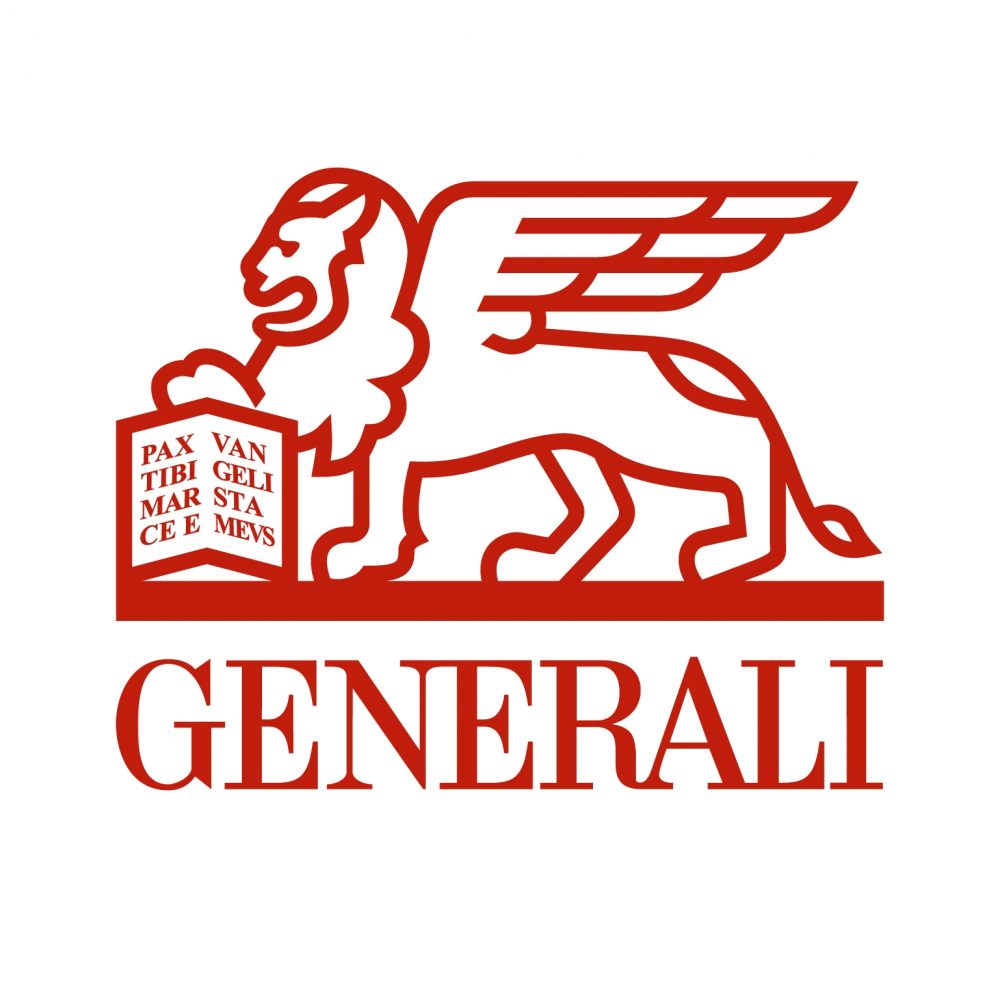This case study shows the benefits of implementing the Salesforce CRM system at Generali – an insurance company, shedding light on how this tool can address the industry’s concerns and catalyse success in a competitive marketplace.
The insurance industry in Poland is an integral component of the national economy. It has a significant positive impact on GDP growth and is an important employer and investor. Currently, the industry struggles with inflation and an economic slowdown. Under these conditions, it is important to understand the need for technological development and implementing modern systems that help mitigate challenges and support building a competitive advantage.
In addition, customers of insurance companies demand more personalised services, better communication, and greater transparency. On the other hand, companies are working to maintain compliance with evolving regulations and European Union directives, manage data more effectively, and stay ahead in a demanding marketplace.
Generali is one of the largest global insurance and asset management providers, present in over 50 countries in the world.
Generali Poland, one of the biggest insurance and finance groups in Poland, has been present on the Polish market for over 20 years, with 3 mln customers using their services. Generali’s business model is based on three key areas: the protection of property and life of individual customers, the management of pension accounts, and corporate insurance.

In the partnership sales department, the main product is property insurance. The task of over 100 sales managers throughout Poland is to maintain relations with partners.
- Generali, before CRM was implemented, had not had a tool that supported planning and reporting actions. Everything was based on extensive Excel spreadsheets. In order to gain access to this data, it was necessary to log in from the computer via VPN to the system and to download large files. It would lead to a self-contradictory situation, where the better results partners achieved, the more time the manager needed to devote to downloading files, which made him less efficient.
- What is more, reporting the actual status of planned visits was not possible – it was uncertain which visits had taken place and which had been cancelled. The data from Generali’s many internal systems was collected occasionally and consolidated in Excel files, which resulted in managers’ work being planned based on former, not current data.
Implementing CRM on the Salesforce platform required integration with many of Generali’s internal systems. They were realised thanks to integrations through API systems. It enabled the consolidation of all sales data in one system.
The next step was the introduction of the hierarchy of data access and their visualisation. Due to the ease of managing the hierarchy, Generali gained flexibility in assigning access to the information for proper departments or individual managers. On the other hand, the data visualisation speeded up the possibility of their interpretation to a great extent.
Next, the dynamic maps and integration with Outlook email were implemented to help managers plan actions and communicate with partners.
-
Improved areas thanks to the Salesforce implementation:
✅ online access to current data
✅ efficient planning of sales rep tasks
✅ the increase of sales managers’ effectiveness by 30%
✅ convenient visualization of sales results and forecasts
✅ a 360-degree view with information about the content of the network
“It is very important to minimise the number of systems. So, we decided to implement modern CRM and we chose Salesforce. However, we did not know the tool and its ocean of possibilities. We needed someone to help us understand how to achieve our goals utilizing this tool. That is why we chose Craftware – it seemed to be our best choice in this journey, and on each occasion, we are proved that the decision was right because we managed to achieve our goals.”
Piotr Bułka | CIO&COO, Generali Polska
A well-implemented CRM solution opens up an opportunity to enhance customer relationships, improve data analysis, and promote sustainable growth. Adopting a CRM system is not merely about leveraging technology. It is about recognising the value of data-driven insights in building a resilient, successful insurance enterprise.



